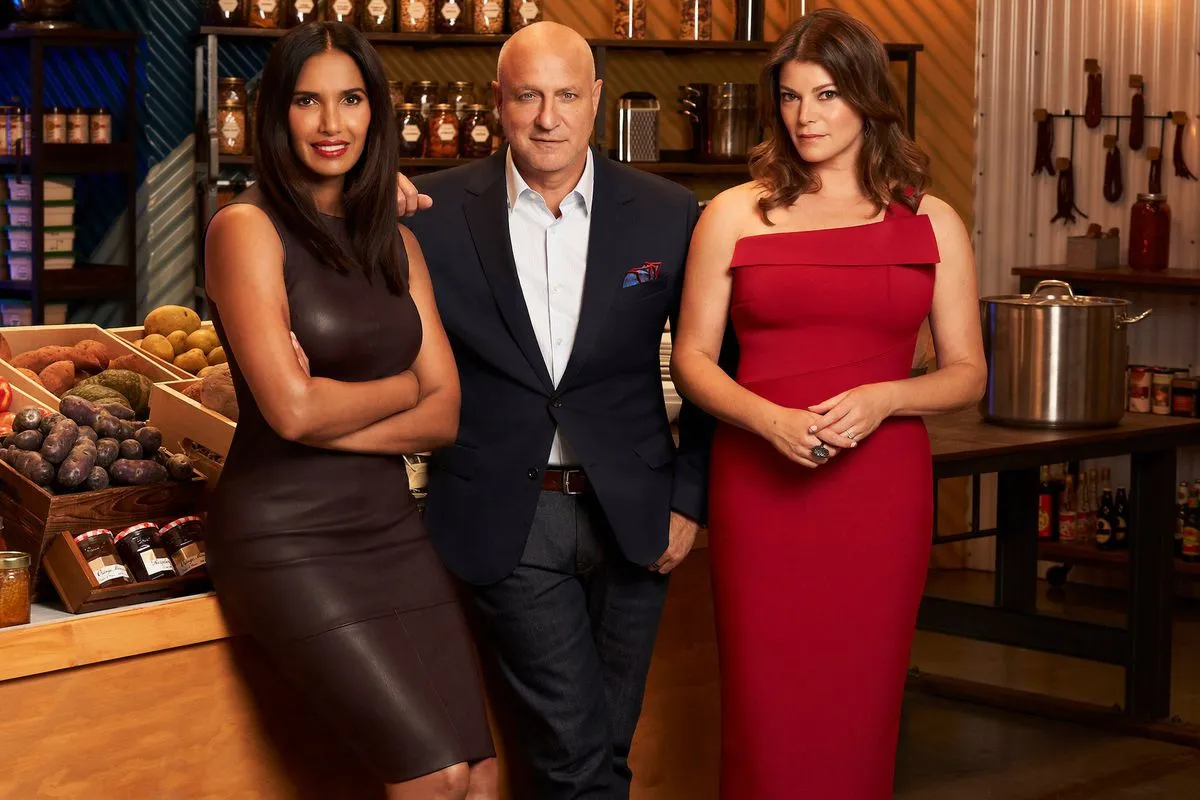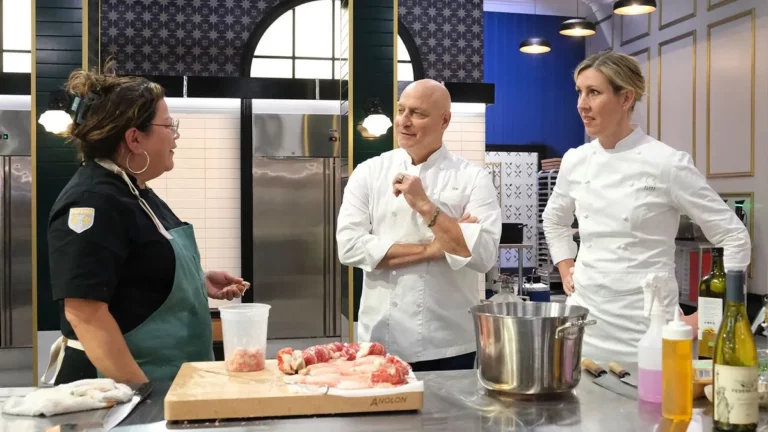For nearly two decades, “Top Chef” has tantalized viewers with its high-stakes cooking challenges and breathtaking locations, cementing its place as a television staple. However, not all decisions by the show have been met with applause. Among the most controversial choices was the decision to film a key episode of Season 14 at Boone Hall Plantation, a site with a deeply troubling history as a former slave plantation. This choice sparked a debate that resonates to this day, highlighting the intersection of entertainment, history, and cultural sensitivity.

The Episode That Left Viewers Unsettled
In a bid to blend dramatic storytelling with culinary excellence, Season 14, Episode 1 of “Top Chef” took an audacious turn by choosing Boone Hall Plantation in Charleston, South Carolina, for a sudden death elimination challenge. The setting was not just a backdrop but a poignant reminder of America’s painful past. The episode featured Chef Gerald Sombright, a person of color, battling for his culinary survival on grounds that symbolized oppression and suffering for many. This imagery was too powerful and discomforting for many viewers, who took to platforms like Reddit to express their disapproval.
The controversy was amplified by the visual of a contestant of color in a competitive scenario at such a historically charged location. This led to an outpouring of criticism, questioning the appropriateness of the setting for a cooking show. Renowned judge Tom Colicchio responded to the backlash via a series of tweets, explaining that the intention was to fully acknowledge Charleston’s history rather than overlook it. Despite his explanations, many fans felt that a cooking show should avoid locations loaded with such historical and emotional weight.

Broader Implications and Reactions
The incident at Boone Hall is not isolated in attracting scrutiny for location choices. Notably, Hollywood actors Ryan Reynolds and Blake Lively faced similar backlash for their decision to marry at the same plantation in 2012. Initially not a major issue, the location choice came under severe criticism as social awareness of racial injustices increased. This criticism led to significant actions such as Pinterest and The Knot removing plantation venues from their listings.
Reflecting on the backlash, Ryan Reynolds expressed deep regret in an interview, acknowledging the insensitivity of the choice and noting the continuous journey towards better understanding and rectifying past mistakes. The couple not only apologized but also remarried at a different location and contributed significantly to organizations fighting for racial justice.
Lessons Learned and Moving Forward
The episode serves as a critical lesson in cultural sensitivity and the power of locations in storytelling. It underscores the necessity for showruners and producers to consider the historical and cultural implications of their choices. As “Top Chef” continues to evolve and adapt, it remains a respected platform for culinary excellence, yet the echoes of past controversies remind us of the ongoing dialogue about history and representation in media.

In retrospect, while “Top Chef” aimed to offer a full picture of Charleston’s rich history, the episode at Boone Hall Plantation reminds us that some settings carry burdens too heavy for entertainment purposes. The discussions it sparked are a testament to the show’s impact and the broader societal shifts towards greater awareness and sensitivity regarding historical injustices.
